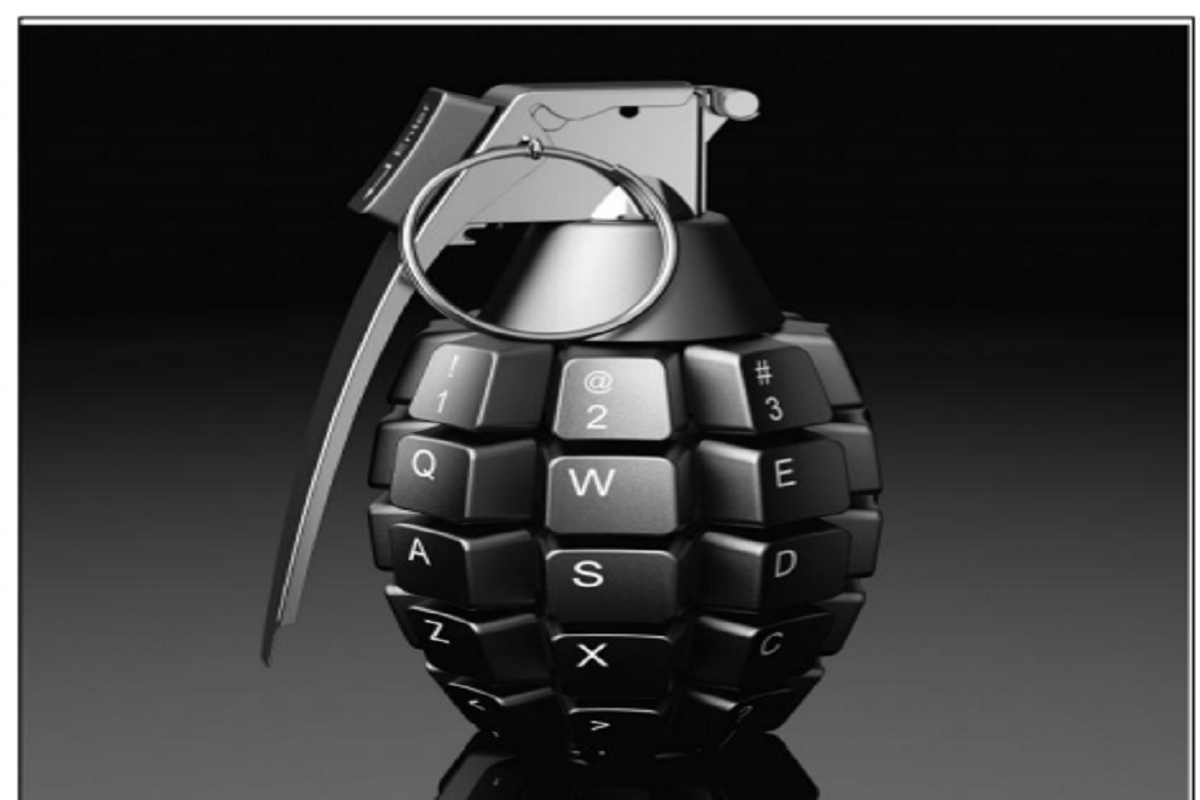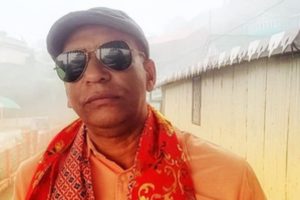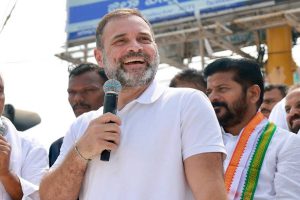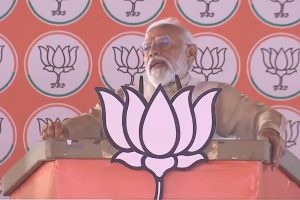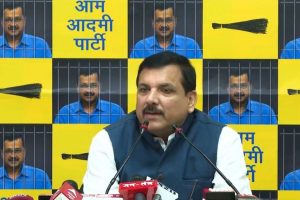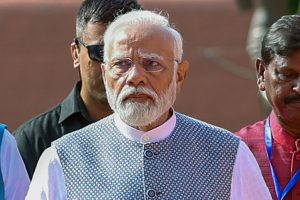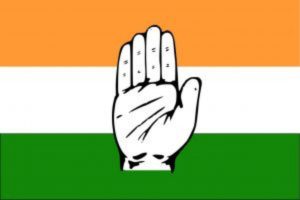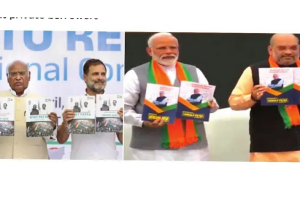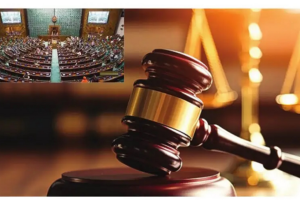Social media has multiple uses. Apart from guiding and influencing public opinion it is also considered a diplomatic tool.
President Donald Trump employs it to defend his views on global and domestic policies and to convey his decisions. His use of social media is aimed at boosting his image while questioning news reports and deriding his critics.
The “unfollowing” of PM Modi by the White house on Twitter was initially viewed as a diplomatic degradation. It led to the White House clarifying its policy of following and unfollowing other nation’s leaders.
As Foreign Affairs Minister, Sushma Swaraj would grant medical visas to Pakistani nationals on a request on twitter. All global leaders have social media accounts and regularly convey their thoughts through this medium.
Social media is also being exploited to enhance divide within and between nations as was visible recently when Pakistan made attempts to break the bonhomie between India and Gulf countries.
Pakistan had extensively employed social media to incite Kashmiri youth to violence. It was effectively used by over ground workers in Kashmir to draw youth to encounter sites and resort to violence, enabling terrorists to escape.
This stopped when India blocked internet access after the abrogation of Article 370. With only 2G networks currently available, and having witnessed months of relative peace, Pakistan and its activists in India have been unable to generate the same level of anti-India sentiment.
To overcome this loss, Pakistan shifted emphasis towards internal dissension. The anti-Citizenship Amendment Act (CAA) protests at Shaheen Bagh and other places in the country were fuelled by fake posts on social media claiming that CAA was biased towards Muslims and if read in conjunction with the National Register for Citizens (NRC) would make Muslims non-citizens in India.
The next opportunity for Pakistan was the action of the Tablighi Jamaat. Their unethical behaviour – including hiding in Mosques across the country, refusing to be tested for the virus and misbehaving with medical staff and police – led to condemnation from all sections of society, ignoring religion.
Pakistan exploited this criticism by claiming an anti-Muslim bias within India leading to Islamophobia. Pakistani leaders began tweeting about possible genocide of Muslims in India.
Pakistan’s ISI worked out an elaborate plan to damage the bonding between India and Gulf states that had begun to look towards India for assistance in battling coronavirus, enhancing ties, while avoiding comment on India’s internal decisions.
The ISI-hatched plan involved the nation’s top hierarchy and multiple other media establishments as a blitzkrieg on social media. Imran Khan was possibly briefed on the plan by DG ISI when they met on 15 April. On 20 April, Imran Khan and DG ISI met the Pak president and possibly discussed the role of Pakistan’s top leadership to provide legitimacy to the operation.
On the same day (20 April), Arundhati Roy was interviewed by Mehdi Hassan of al Jazeera TV. In the interview she stated, “genocide isn’t something which happens on a Sunday morning” adding, “there’s a huge cultural preparation that takes place, where a whole community is dehumanized, is profiled.”
Her words were quoted on multiple occasions. Whether she was exploited as part of the plan or was it a coincidence is debateable. The campaign subsequently gained steam, through fake accounts that had already been opened. As part of its strategy, the ISI opened thousands of fake media accounts displaying their place of origin as the Gulf and spewing venom aimed at projecting India as a Hindu nation with a strong anti-Muslim bias and promoting Islamophobia.
This deflected anger against the anti-minority approach within Pakistan, where Christians, Ahmadis and Hindus were denied food stocks. An independent research body, INNEFU Laboratories, analysed technical aspects of Pakistan’s actions and submitted a report on it to the government.
The report concluded that Pakistan employed misinformation and fake news to create an anti-India narrative aiming to project the existence of Islamophobia in India. Its findings opened a new chapter in social media warfare.
The analysis stated that though the campaign was supposedly aimed towards Gulf Countries with Gulf based handles, the reality was that the GPS location of most tweets were either Pakistan or India. Many Pakistan-based accounts, which were dormant for some time became active and displayed their location as in Arab countries.
To further enhance impact on social media, they created hashtags and tasked their troll army to make them trend. As per the report, “The anti-India campaign focused on two points- ‘victimisation of Muslims in India’ and ‘victimisation of Muslims in the aforementioned countries by Indians’.” In all, a total of about 6,500 new accounts were created.
An anti-India tweet supposedly by a member of the Omani Royalty later turned out to originate from a fake handle operating from Pakistan. The tweet quoted the daughter of Oman’s Deputy PM Sayyid Fahd and stated that if Indian government does not stop persecution of Indian Muslims then one million Indians in Oman may be expelled. India jumped into the fray as soon as it became clear that Pakistan was behind the game.
The Pakistani disinformation campaign could have led to disrupting the carefully crafted relationships which India had built over time.
The Indian foreign minister spoke to his counterparts and assured them of Indian secularism, while Indian diplomats met their counterparts. Ultimately, Saudi Arabia, Oman, Qatar and Kuwait rejected attempts to spoil ties with India through ‘foreign-sponsored’ social media handles and posts.
Once Pakistan’s social media campaign began to lose steam, the Pakistani foreign minister jumped into the fray and wrote a series of letters to the OIC and other nations claiming Islamophobia was rising in India. It had little impact and was too little, too late. Such actions would continue, and India cannot survive by being in a reactive mode. It must have a counter strategy in place. There is an urgent need for the government to create a department of information warfare and psychological operations under the NSA and within the armed forces.
The writer is a retired Major-General of the Indian Army.

